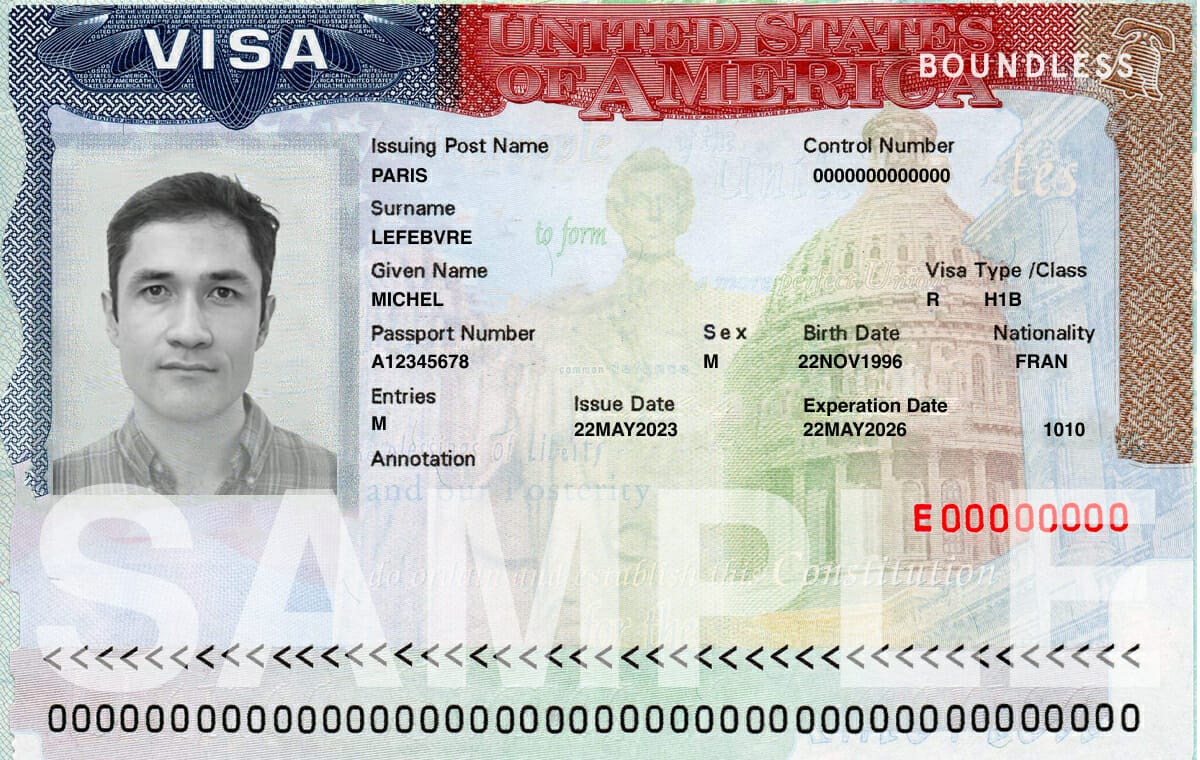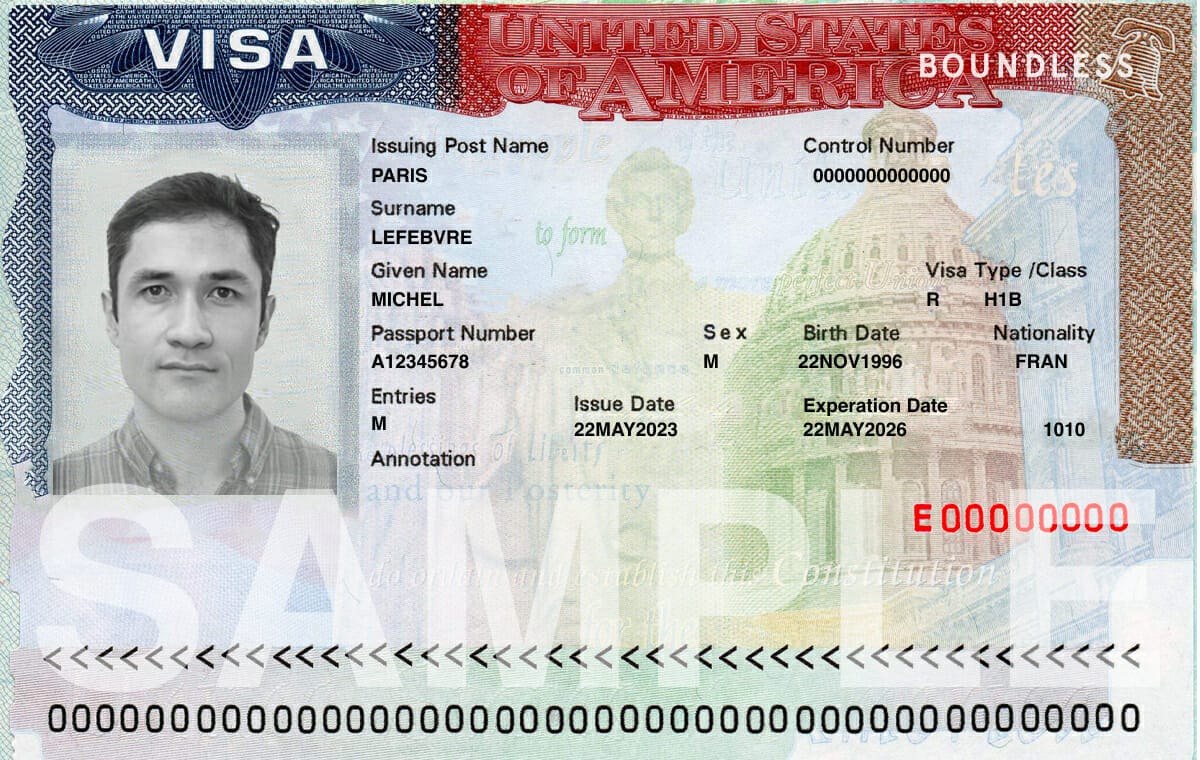Introduction
The H1B visa program has long been a crucial pathway for skilled foreign workers to gain employment in the United States. As a non-immigrant visa, it allows companies in the U.S. to temporarily employ foreign workers in specialty occupations. Given the evolving economic landscape and shifts in immigration policy, understanding the current trends and changes surrounding H1B visas is essential for both prospective applicants and employers.
Current Trends and Updates
As of 2023, the H1B visa program continues to be a focal point of debate in the U.S., especially with the increasing demand for tech professionals amidst a continuing skills shortage. According to the United States Citizenship and Immigration Services (USCIS), recent data shows that applications for H1B visas reached an all-time high, with over 400,000 applications submitted for the fiscal year 2023 alone. This surge can be attributed to the robust recovery of the technology sector post-pandemic, pushing companies to seek global talent.
In addition, the USCIS has implemented new rules aimed at increasing transparency and fairness in the application process. These changes include stricter guidelines on wage compliance and an emphasis on ensuring that companies prioritize hiring U.S. workers whenever possible. Furthermore, a lottery system is still in place for the selection of H1B applicants, but there are discussions about reforming this system to better serve industries in need of specialized skills.
Implications for South African Applicants
For South African professionals considering the H1B visa as a route to employment in the U.S., these developments present both opportunities and challenges. The tech industry, which is witnessing rapid growth, particularly in fields like information technology, engineering, and healthcare, remains one of the most viable sectors for H1B candidates.
However, with the increased number of applications and heightened scrutiny in the selection process, applicants must ensure they meet all eligibility requirements and submit well-documented applications. Employers are also urged to stay informed about labor market trends and compliance requirements to increase their chances of successfully sponsoring an H1B candidate.
Conclusion
The H1B visa program continues to be a vital component of the U.S. economy, enabling skilled foreign workers to fill crucial roles in various industries. Looking ahead, it’s anticipated that changes in immigration policy and labor market conditions will influence the future of H1B visas. For South African professionals, staying updated on these trends will be essential in navigating the complexities of securing an H1B visa in a competitive landscape.

